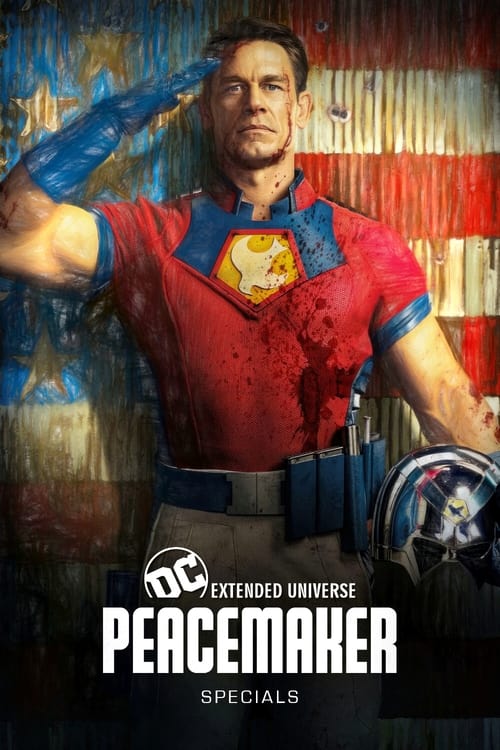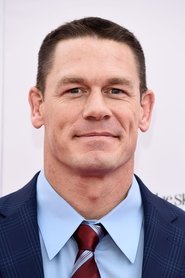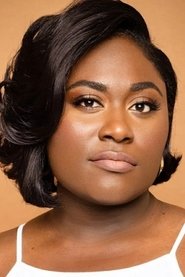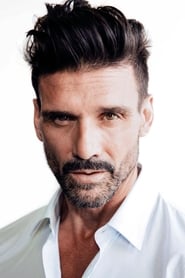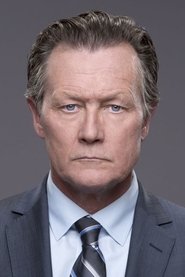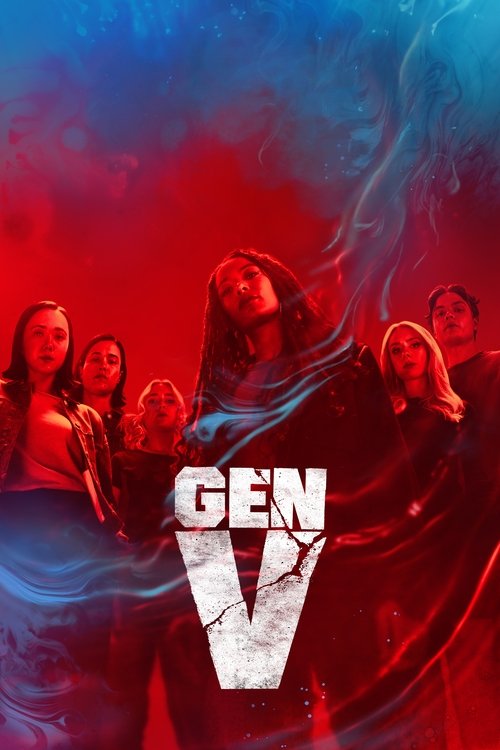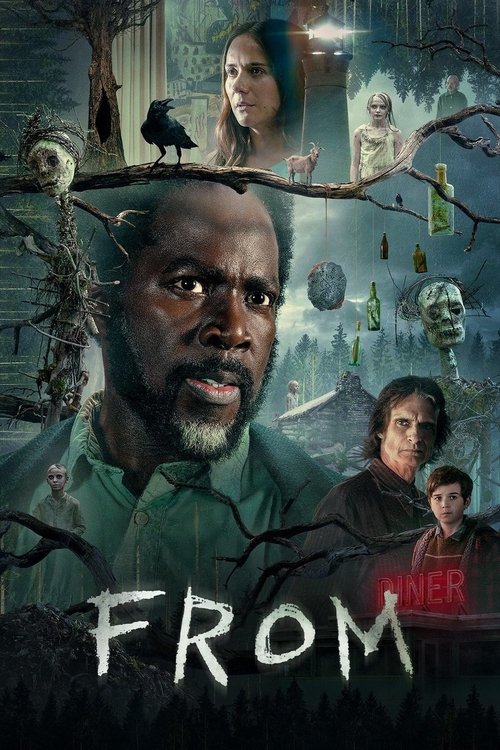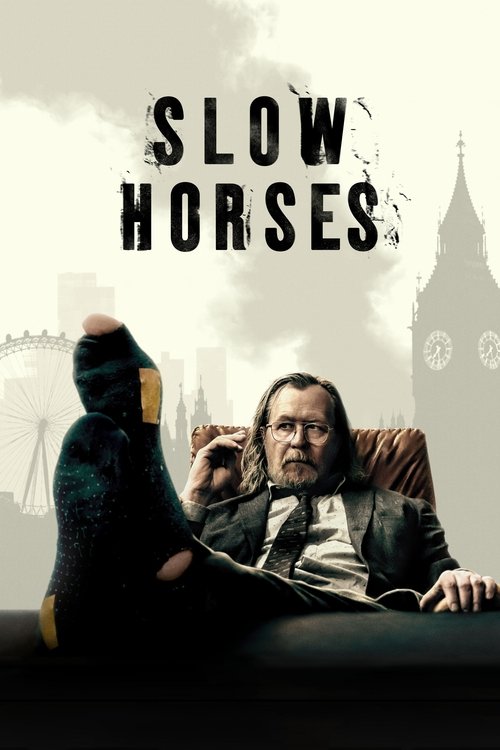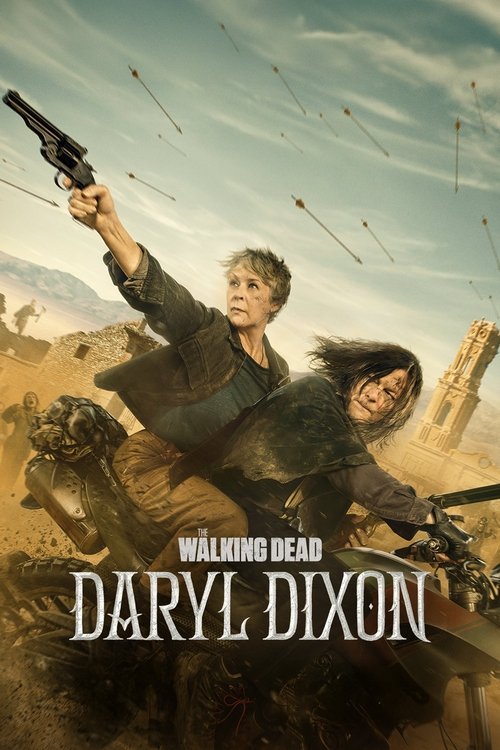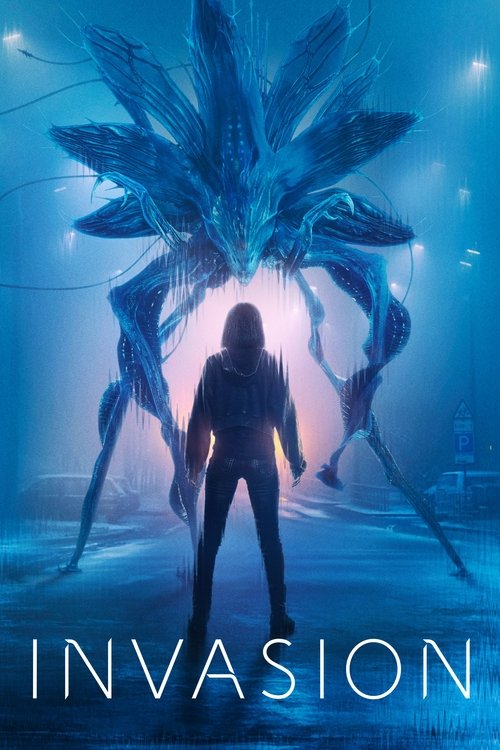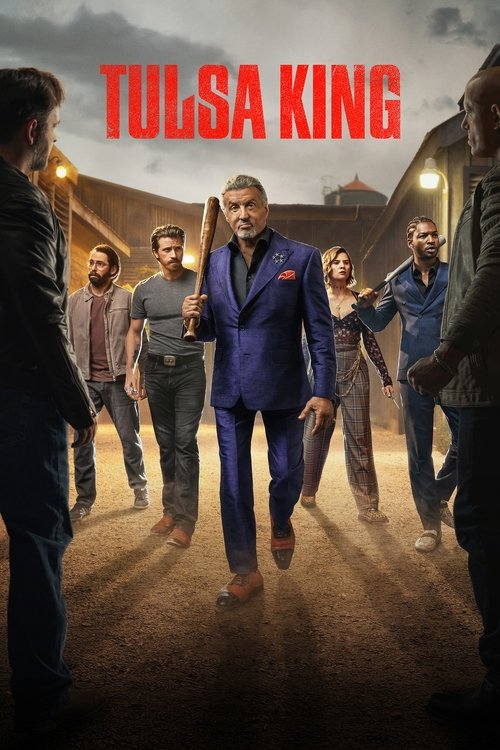
Ask Your Own Question
What is the plot?
In the first special of "Peacemaker," titled "Peacemaker: The Making of a Hero," the episode opens with a behind-the-scenes look at the creation of the character Peacemaker, played by John Cena. The scene features interviews with the cast and crew, including James Gunn, who discusses his vision for the character and the series. The audience is introduced to the themes of the show, emphasizing the blend of humor and action. The cast shares their experiences working on the series, highlighting the camaraderie that developed during filming.
As the episode progresses, it delves into the character's backstory, revealing Peacemaker's complex motivations and his belief in achieving peace at any cost. The narrative shifts to explore the dynamics between Peacemaker and his father, who is portrayed as a significant influence on his violent worldview. The emotional weight of Peacemaker's upbringing is examined, showcasing how it shaped his identity and his often misguided sense of justice.
The special then transitions to a series of clips from the show, illustrating key action sequences and character interactions. Viewers see Peacemaker in various confrontations, including his battles with villains and his interactions with the members of his team, such as Vigilante and Harcourt. The clips highlight the show's unique blend of dark humor and intense action, setting the tone for the series.
In a particularly poignant moment, the special features a segment on the character development of Peacemaker's team. Each member's backstory is briefly touched upon, revealing their motivations and how they complement or clash with Peacemaker's ideals. The emotional stakes are raised as the team faces moral dilemmas that challenge their beliefs and loyalty to one another.
The episode concludes with a montage of behind-the-scenes footage, showcasing the cast's chemistry and the fun they had during production. The final moments reflect on the impact of the series, with cast members expressing their hopes for how audiences will connect with the characters and the story. The special ends on a light-hearted note, with a humorous outtake featuring John Cena, leaving viewers excited for the series ahead.
What is the ending?
In the ending of "Peacemaker: Specials," Christopher Smith, also known as Peacemaker, confronts his own beliefs and the consequences of his actions. The finale culminates in a battle against the Butterflies, alien creatures that have taken over human bodies. Peacemaker, along with his team, fights to stop the Butterflies from achieving their goals. The emotional stakes rise as Peacemaker grapples with his past and the relationships he has formed. Ultimately, he makes a significant choice that impacts his future and the lives of those around him.
As the episode unfolds, we find ourselves in a tense standoff. Peacemaker, still reeling from the revelations about his father and the weight of his own violent past, stands alongside his team: Vigilante, Harcourt, and Adebayo. They are in a warehouse, preparing for the final confrontation with the Butterflies. The atmosphere is thick with tension, and Peacemaker's internal conflict is palpable. He is torn between his desire for peace and the violent methods he has always employed.
Scene by scene, the action escalates. The team splits up to cover more ground, each member showcasing their unique skills. Peacemaker, armed with his signature weapons, leads the charge, but his mind is clouded with doubt. He reflects on his father's abusive influence and the twisted notion of peace he has been taught. This internal struggle manifests in his interactions with his teammates, particularly with Adebayo, who has become a moral compass for him.
As they engage in combat, the Butterflies reveal their true power, overwhelming the team. The stakes are raised when Peacemaker is forced to confront a former ally who has been taken over by a Butterfly. In a moment of hesitation, he realizes that his quest for peace has often led to destruction. This realization fuels his determination to change, to find a way to achieve peace without resorting to violence.
The climax of the battle sees Peacemaker making a pivotal choice. Instead of using lethal force, he devises a plan to neutralize the Butterflies without killing them. This decision marks a significant turning point for his character, showcasing his growth and willingness to embrace a more compassionate approach. The team rallies around him, and together they execute the plan, successfully thwarting the Butterflies' invasion.
In the aftermath, the team stands together, battered but victorious. Peacemaker's relationship with Adebayo deepens, as she acknowledges his growth and the potential for redemption. Vigilante, ever the comic relief, lightens the mood with his antics, while Harcourt expresses her pride in the team's efforts. Each character reflects on their journey, recognizing the importance of their bonds and the choices they have made.
As the episode concludes, Peacemaker looks out over the city, contemplating his future. He understands that the path to true peace is fraught with challenges, but he is now committed to finding a better way. The final shot lingers on his face, a mix of determination and hope, signaling a new chapter in his life.
In summary, the ending of "Peacemaker: Specials" encapsulates the journey of its characters, particularly Peacemaker, as they confront their pasts and strive for a better future. Each character emerges changed, with Peacemaker taking significant steps toward redefining his understanding of peace and heroism.
Is there a post-credit scene?
In the "Peacemaker" series, specifically in the episode titled "It's Cow or Never," there is indeed a post-credit scene that adds a humorous yet poignant touch to the narrative.
As the credits roll, the scene opens with Peacemaker, played by John Cena, in a hospital bed, recovering from his injuries sustained during the events of the series. The atmosphere is light, contrasting with the serious undertones of the preceding episodes. Suddenly, the camera shifts to reveal a familiar face: Adebayo, portrayed by Danielle Brooks, enters the room with a playful demeanor.
Adebayo approaches Peacemaker, who is still groggy and disoriented from the medication. She teases him about his current state, poking fun at his superhero persona and the absurdity of his situation. Peacemaker, trying to maintain his tough-guy image, struggles to respond, leading to a series of comedic exchanges that highlight their evolving friendship.
The scene captures Peacemaker's vulnerability, showcasing a softer side of the character that contrasts with his often brash and violent exterior. Adebayo's playful banter serves to lighten the mood, emphasizing the camaraderie that has developed among the team throughout the series.
As the scene concludes, the camera zooms in on Peacemaker's face, revealing a mix of annoyance and amusement, leaving viewers with a sense of hope and anticipation for his future adventures. This post-credit moment encapsulates the show's blend of humor and heart, reinforcing the themes of friendship and redemption that permeate the series.
What role does Vigilante play in Peacemaker's journey?
Vigilante serves as both a sidekick and a foil to Peacemaker, embodying a more extreme and reckless approach to justice. His unwavering loyalty and dark humor provide comic relief, but also challenge Peacemaker's moral decisions, forcing him to reflect on the nature of heroism and the cost of violence.
How does Peacemaker's relationship with his father influence his character development?
Peacemaker's relationship with his father, who is abusive and has a strong influence on his worldview, deeply affects his psyche. Throughout the series, Peacemaker grapples with his father's legacy, which drives him to seek approval while also pushing him to confront his own values and the consequences of his violent methods.
What is the significance of the butterfly in Peacemaker's story?
The butterfly serves as a central symbol in Peacemaker's narrative, representing both the innocence and the darker aspects of the characters' motivations. It is revealed that the butterflies are alien creatures that take over human hosts, which complicates Peacemaker's mission and moral compass.
How does the team dynamic evolve throughout the Specials?
The team dynamic shifts significantly as the characters confront their personal demons and the reality of their mission. Initially, there is tension and distrust among the members, but as they face external threats and personal challenges, they begin to bond, revealing deeper layers of vulnerability and camaraderie.
What are the implications of the final mission involving the butterflies?
The final mission involving the butterflies raises questions about the nature of good and evil, as the team must decide whether to eliminate the alien threat or find a way to coexist. This mission forces Peacemaker to confront his own beliefs about peace and violence, ultimately leading to a pivotal moment of self-discovery.
Is this family friendly?
"Peacemaker: Specials" is not considered family-friendly due to its mature themes and content. Here are some potentially objectionable or upsetting aspects that may affect children or sensitive viewers:
-
Strong Language: The dialogue frequently includes profanity and crude humor, which may not be suitable for younger audiences.
-
Violence: The series features graphic violence, including intense fight scenes, bloodshed, and the depiction of injuries, which can be disturbing.
-
Dark Humor: The show employs dark and often inappropriate humor that may not resonate well with all viewers, particularly children.
-
Mature Themes: Topics such as trauma, mental health struggles, and familial conflict are explored, which may be heavy for younger viewers.
-
Sexual Content: There are instances of sexual innuendos and situations that may be inappropriate for children.
-
Substance Use: Characters are shown using drugs and alcohol, which could be concerning for younger audiences.
These elements contribute to a tone that is more suited for adult viewers rather than children.

